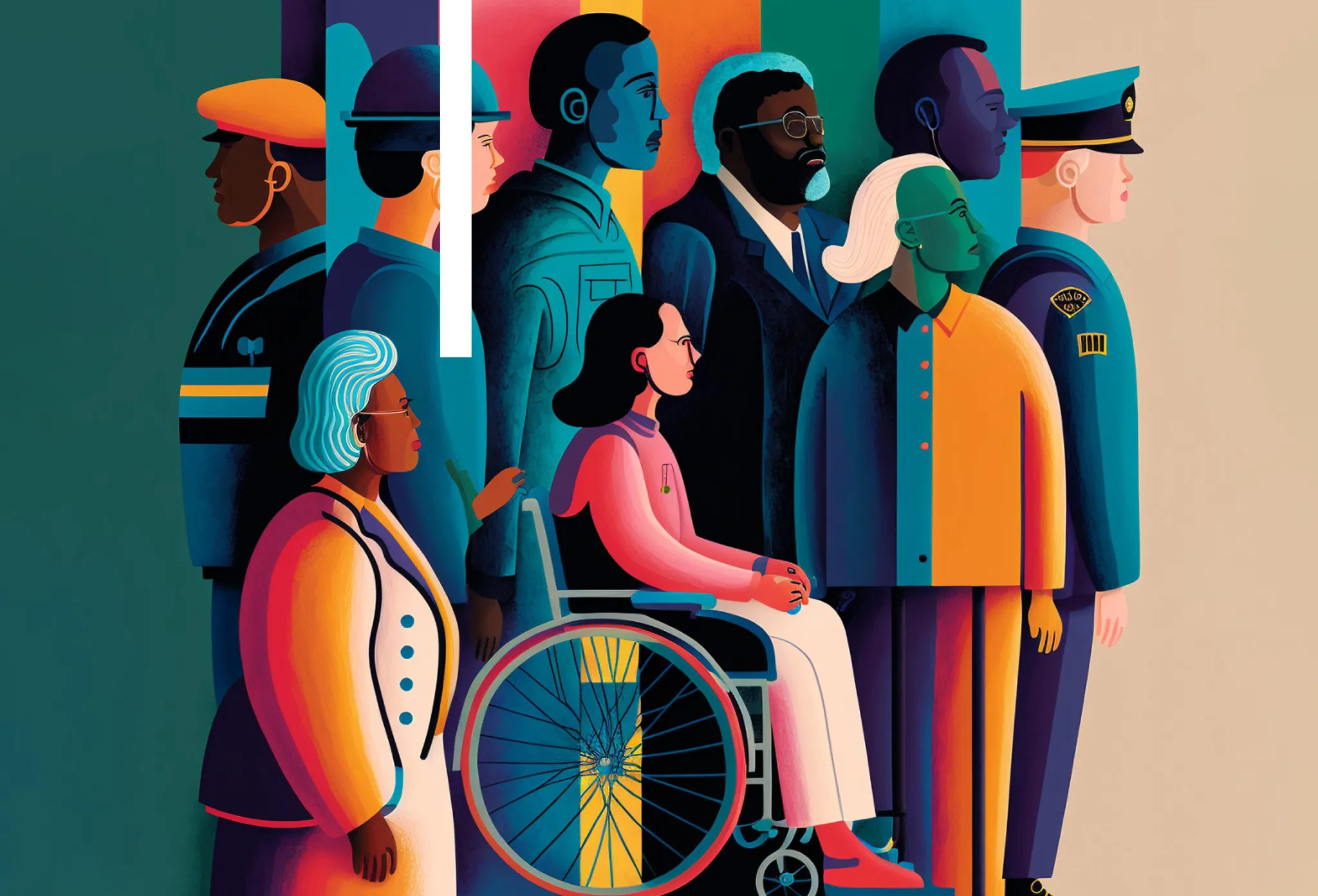
Guide to work with Persons with Disability
We cannot freely say that the world is very PwD – friendly. But we can only do our part. AshaJobs is here to do its part to change that by 180 degrees, step-by-step, beginning with serving PwD with the most vital of
their lives’ opportunities, employment.
No PwD should be assumed with lack of skills, competency, experience, knowledge, insight and acumen. They might be challenged to an extent with restricted ability but may communicate understandably enough otherwise.
Our aim to make professionals evolve their thoughts and theories about PwD and consequently integrate them smoothly in the current work culture.
Let’s take a look at how we can do that.
Physically challenged: This goes for people with any disability, one shouldn’t assume that they always are looking for help. Instead ask if they need help at the moment. Do not touch their assistive devices such as walker, cane, crutch, braces etc., unless they allow since these helping equipment happen to be their personal. Do not gesture surprises when you observe their activities as that can leave a negative impression. Think of ways with which you can help them beforehand such as keep their
parking spot vacant, a bit earlier to their arrival, make way on the slope if they are likely to use it or help provide access to the venue they are likely to enter. You can also help them with their accessories such as their workstations, laptops, briefcase, coats, etc.
Visually challenged: To aid those with visual impairments, you can begin by speaking out helpful directions such as telling them to move a little to their right or left, take 2 steps forward, to reach out to what they are trying to get at. If they are entering a new workspace that you are familiar with, help them register space in their mental imagery such as by helping remember the paths to the restroom, first-aid/sick room, grievance office, canteen/cafeteria, stairs, lift parking, entry and exit. Importantly as you introduce them to the fresh spaces, introduce them to new co-workers as well. The visually challenged colleague might require a bit of adjustments with incident light in the workspace and software that supports text-tospeech or vice-versa on their computers. When speaking with them make it a point to keep your voice at a normal pitch. Some of the PwD with visual difficulties keep pets as their day-to-day guide. Try to keep yourself away from the pets as getting familiar with them could distract them.
Aurally challenged: Those who are hard of hearing or are deaf, are able to communicate in some way or form primarily by use of sign language. So when you have someone who is challenged similarly, it is often better to face them or gesture them so as to catch their attention and then convey any information. Learn a few common signs, expressions and indications that’d make the communication between you and them better. Patience is the real key here, if you can’t grasp what the person is trying to pass then you can ask them to repeat or communicate via writing on a notepad.
Mentally challenged: One of the proven methods of getting familiar with mentally challenged persons is inclusion. Make sure that you don’t isolate them. Include them in activities, programs, teams, etc. so that they feel supported. It may happen that your colleague is on active medication, so if you have come to notice that then at best you can remind them to not break their routine with that and also to consume plenty of water.
Another important endeavor at your end can be to keep the workspace atmosphere flexible for the mentally challenged colleagues. Such as letting them meet their caretakers and healthcare guardians, such arrangements will help them cope up with side effects of medicines they are on.
Intellectually challenged: This category may be hard to figure at first as it has a spectrum of difficulties that aren’t tangible or strikingly evident. People who have intellectual disability experience weakness of reason and thought which translates to either being short on memory, frail reading or writing abilities. The best way to handle that is to help them in their everyday learning and training, it would require you to put in some time for that but would definitely bear fruits in the long run. Notes,
reminders, locations, routes are somethings you can help them keep. Help them understand the work culture; the schedule, tasks, salary structure, etc.



